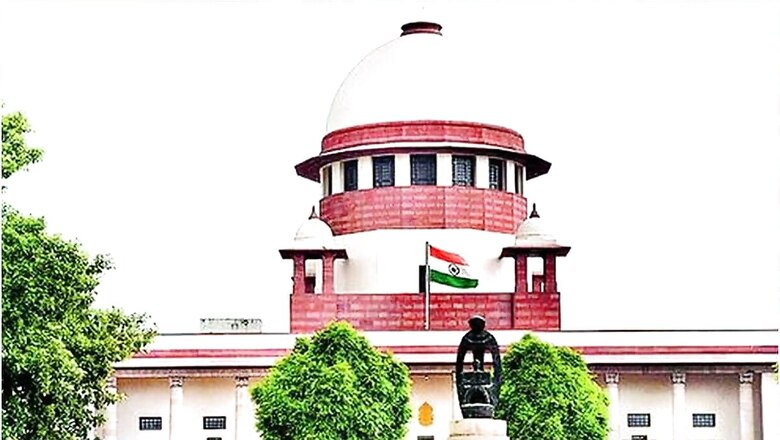
views
A Constitution Bench of the Supreme Court of India on Tuesday took up a batch of pleas challenging abrogation of the Article 370, which gave special status to Jammu and Kashmir, and the state’s bifurcation into two Union territories.
A five-judge Constitution Bench of the apex court, headed by Chief Justice of India D.Y. Chandrachud and comprising Justices S.K. Kaul, Sanjiv Khanna, B.R. Gavai, and Surya Kant heard the matter and passed directions to complete procedural formalities and fix the next date of hearing on August 2.
“Since convenience compilation is already prepared, if anyone wants to add something, the same shall be done before July 27. Written submissions shall also be filed on or before July 27. No documents will be accepted post that,” the CJI said.
“Union has filed a fresh affidavit, the same has no bearing on the constitutional issue, hence shall not be relied upon while the constitutional issue is decided,” he added.
Further, the court said the hearing of pleas will be on a day-to-day basis except on Mondays and Fridays.
The top court appoints two advocates as nodal counsels for the preparation of common convenience compilations of documents.
IAS officer Shah Faesal and activist Shehla Rashid, who don’t want to pursue their pleas against abrogation of Article 370 and seek to delete their names from court records, were also allowed by the apex court to remove their names as petitioners.
Supreme Court said now the title of the case will be “In Re: Article 370 of the Constitution”. Earlier, the lead petitioner was Shah Faesal.
Abrogation of Article 370 from J&K
Earlier this year in February, when the case was mentioned before the top court, CJI Chandrachud said that he will “take a call” on the listing of the pleas.
The cutch of petitions challenging the 2019 Presidential Order taking away the special status accorded to the erstwhile state of Jammu and Kashmir and its bifurcation into two Union Territories has been pending in the top court for nearly four years.
In March 2020, when the matter was last listed before the Supreme Court, a five-judge Constitution Bench declined to accept the contentions of the petitioners to refer the issue to a larger bench of seven judges.
The five-judge Constitution Bench headed by then CJI NV Ramana reasoned that the earlier judgments rendered by the top court in the Prem Nath Kaul case and the Sampat Prakash case, dealing with the interpretation of Article 370, were not in conflict with each other.
CJI Chandrachud and Justice Khanna are the new members of the latest bench as Chief Justice Ramana and Justice Subhash Reddy, who were part of the earlier bench, had retired.
(With IANS Inputs)











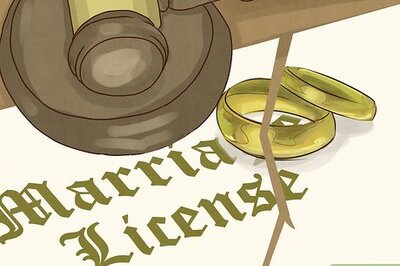

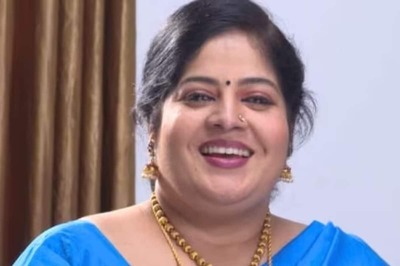


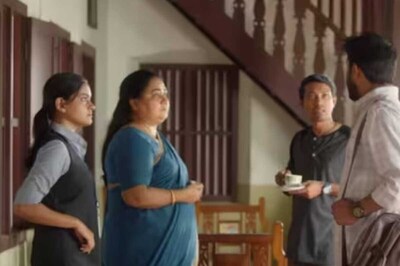


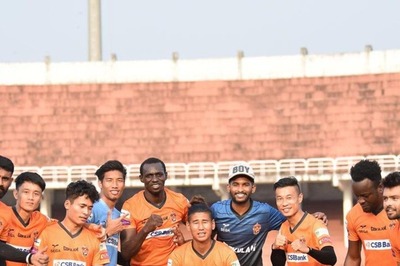
Comments
0 comment